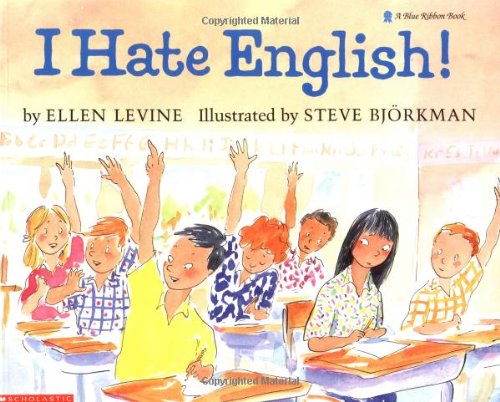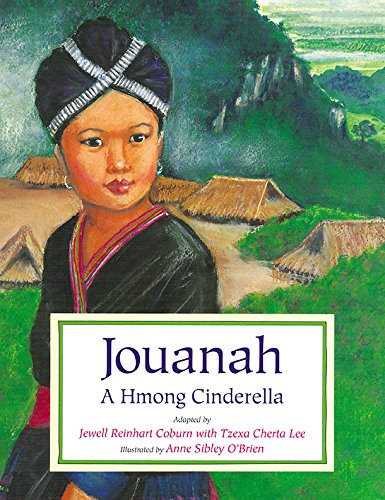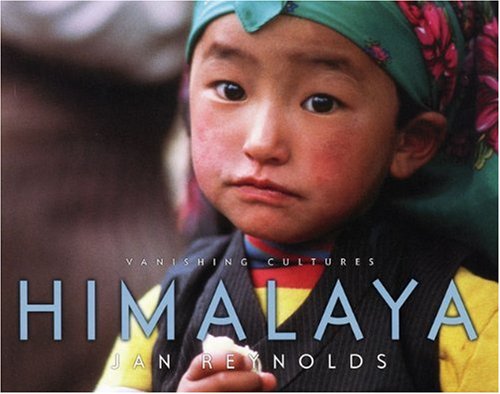Editor’s Note: Guest column by actress Sheila Houlahan.
I get that people are angry. I get that they’re frustrated, that they’re depressed, that they feel impotent, but there are healthier ways to process those feelings that don’t involve being violent to Asian-American elders.As a mixed-race person of color (POC) who has at times felt “excluded” from all sides of my heritage, it’s essential for me to differentiate between that feeling and the very real hardships black, indigenous and people of color (BIPOC) face, especially now with the heinous attacks on Asian-Americans.
There are great organizations all of us can support, and actions we can all make every day to support those who are suffering the most. Even though I’m mixed and I identify as part of the Asian American and Pacific Islander (AAPI) community, it is not my place to claim resources allocated for AAPI. The latter is a personal decision, and I would never want to speak for other mixed AAPI folks, but since I “read” as white, I feel it would be inappropriate to take away from community members actively being targeted violently by racist groups due to the color of their skin. The truth is, it’s important for those of us who identify as people of color with privilege to step up and show up for all our BIPOC and AAPI community members.
Here are three actionable steps POC with privilege can make today to show up for our entire community:
1. We must work on dismantling our own internalized racism so we can continue to better show up for BIPOC and AAPI. All of us are capable of purporting and enacting systemic racism against more marginalized folks, so it is important that we continue to do anti-racism work on our own time and be mindful of how we show up for BIPOC and AAPI.
2. We must continue donating to organizations and people on the frontlines of this movement. Donate time, labor, money — whatever you can. Posting on social media alone is simply not enough.
3. We must especially show up for differently abled and non-neurotypical BIPOC and AAPI. Non-neurotypical folks die from police brutality more often than you might believe. If you see someone BIPOC or AAPI who is differently abled or non-neurotypical being actively targeted in the moment, step in and stand up for them.
Your voice matters. My voice matters. We have a gift in our mixed heritage — an ability to act as a bridge builder between two different communities.
Sheila Houlahan has played major roles in two films that screened nationally in theaters: “Beloved Beast”, a Lionsgate film in which she had a leading role and “Wallflower”, a film hailed by Variety as “one of the most haunting films of 2019.”



























